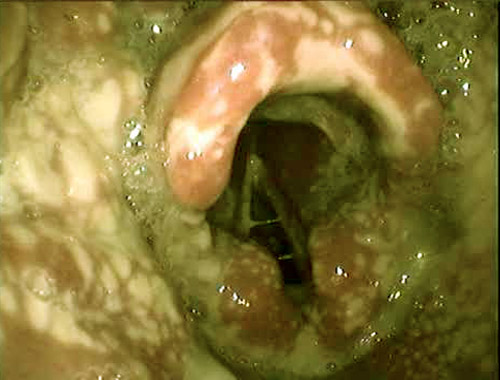Gonorrhea

Published: 18 Jun 2025
ICD9: 098.5 ICD10: A54.9 ICD11: 1A70.0Y
Gonorrhea is a sexually transmitted infection (STI) caused by the bacterium Neisseria gonorrhoeae.
It can infect the genitals, rectum, and throat.
Here's a breakdown of key aspects:
![]() Cause: Bacteria called Neisseria gonorrhoeae.
Cause: Bacteria called Neisseria gonorrhoeae.
![]() Transmission: Primarily through vaginal, anal, or oral sex with someone who has the infection. A pregnant woman can also transmit gonorrhea to her baby during childbirth.
Transmission: Primarily through vaginal, anal, or oral sex with someone who has the infection. A pregnant woman can also transmit gonorrhea to her baby during childbirth.
![]() Symptoms:
Symptoms:![]()

![]() In women: Increased vaginal discharge, painful urination, vaginal bleeding between periods, abdominal pain. Many women have no symptoms.
In women: Increased vaginal discharge, painful urination, vaginal bleeding between periods, abdominal pain. Many women have no symptoms.![]()

![]() In men: Painful urination, pus-like discharge from the penis, pain or swelling in one testicle.
In men: Painful urination, pus-like discharge from the penis, pain or swelling in one testicle.![]()

![]() Other sites: Rectal infection can cause discharge, itching, soreness, bleeding, or painful bowel movements. Throat infection may cause a sore throat.
Other sites: Rectal infection can cause discharge, itching, soreness, bleeding, or painful bowel movements. Throat infection may cause a sore throat.
![]() Complications (if untreated):
Complications (if untreated):![]()

![]() In women: Pelvic inflammatory disease (PID), which can lead to infertility, ectopic pregnancy, and chronic pelvic pain.
In women: Pelvic inflammatory disease (PID), which can lead to infertility, ectopic pregnancy, and chronic pelvic pain.![]()

![]() In men: Epididymitis (inflammation of the tube that carries sperm), which can lead to infertility.
In men: Epididymitis (inflammation of the tube that carries sperm), which can lead to infertility.![]()

![]() In both: Increased risk of HIV infection, disseminated gonococcal infection (DGI), which can affect the joints, skin, and heart.
In both: Increased risk of HIV infection, disseminated gonococcal infection (DGI), which can affect the joints, skin, and heart.![]()

![]() In newborns: Eye infections (ophthalmia neonatorum), which can cause blindness.
In newborns: Eye infections (ophthalmia neonatorum), which can cause blindness.
![]() Diagnosis: A laboratory test can identify gonorrhea in urine, or samples taken from the affected site (e.g., urethra, cervix, rectum, throat).
Diagnosis: A laboratory test can identify gonorrhea in urine, or samples taken from the affected site (e.g., urethra, cervix, rectum, throat).
![]() Treatment: Gonorrhea is treated with antibiotics. Due to increasing antibiotic resistance, treatment guidelines are updated regularly. It is important to take all medication as prescribed.
Treatment: Gonorrhea is treated with antibiotics. Due to increasing antibiotic resistance, treatment guidelines are updated regularly. It is important to take all medication as prescribed.
![]() Prevention:
Prevention:![]()

![]() Abstinence.
Abstinence.![]()

![]() Using condoms consistently and correctly during sex.
Using condoms consistently and correctly during sex.![]()

![]() Having regular STI screenings, especially if you have new or multiple partners.
Having regular STI screenings, especially if you have new or multiple partners.![]()

![]() Mutual monogamy with a tested, uninfected partner.
Mutual monogamy with a tested, uninfected partner.![]()

![]() Prompt treatment of infected individuals and their partners.
Prompt treatment of infected individuals and their partners.
Gonorrhea is a serious infection, but it is treatable. If you think you may have gonorrhea or have been exposed to it, see a doctor or visit a sexual health clinic for testing and treatment. It is important to inform your sexual partner(s) if you test positive so they can also get tested and treated.